1. Labor Day Belonged to Jerry

Jerry Lewis wasn’t only just a comedian, he was a cultural force who inspired laughter, sparked debate, and raised billions for charity. But behind the spotlight, he was also a man full of contradictions. To understand him, you have to hold both the brilliance and the flaws in view.
Every Labor Day for decades, Jerry Lewis was everywhere. The Muscular Dystrophy Association Telethon was more than a broadcast, it was a ritual. Families left it running all weekend, watching celebrities stop by, tote boards climb, and Jerry himself beg, cry, and joke for hours on end. Kids got “carnival kits” in the mail to raise money with lemonade stands or neighborhood games, making the cause feel personal. It was part of the rhythm of the holiday, something people looked forward to every year. For many, this marathon of compassion was their first real experience with giving, a reminder that even small contributions mattered. Labor Day and Jerry Lewis became inseparable.
2. He Reinvented Slapstick
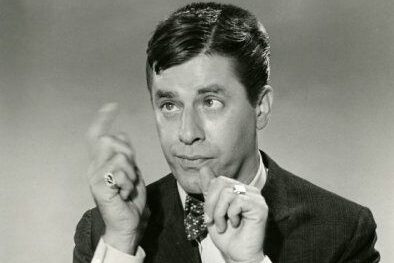
Jerry Lewis turned slapstick into something new. With his rubbery face, odd voices, and wild pratfalls, he created a kind of comedy that felt bigger than life. It wasn’t just about falling down, it was about letting chaos unfold in a way that felt both silly and smart. His style gave audiences, especially those recovering from war and hardship, permission to laugh at absurdity. Later comedians like Jim Carrey, Robin Williams, and even Will Ferrell borrowed from his mix of childlike energy and inventive physical humor. Even those who rolled their eyes at his antics couldn’t deny he was pushing comedy into fresh territory.
3. He Found Magic with Dean Martin
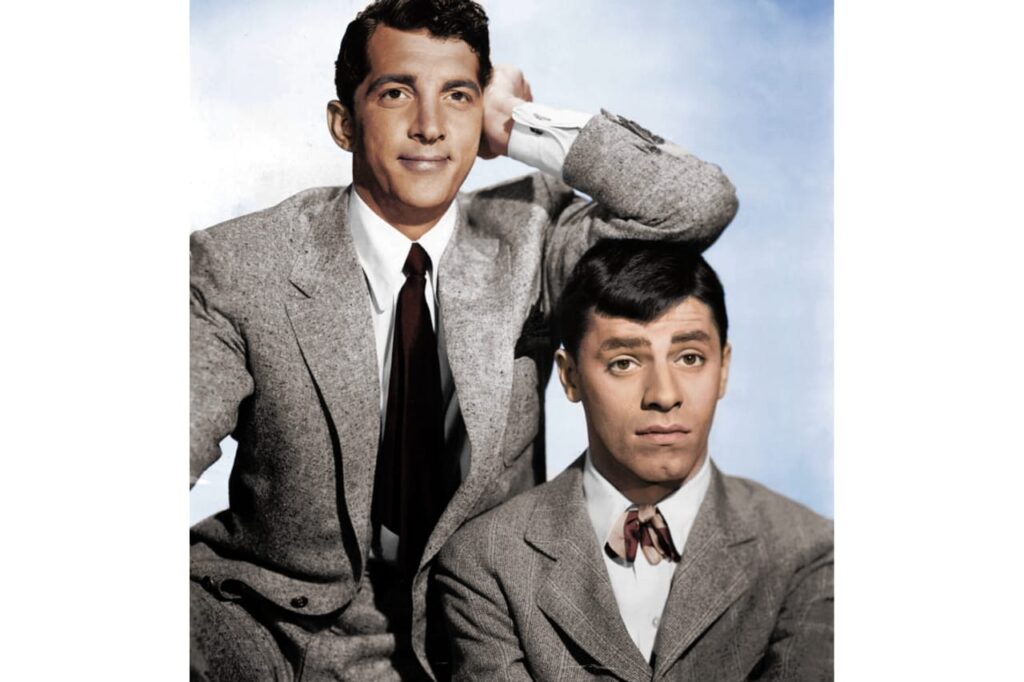
When Jerry Lewis and Dean Martin first teamed up in the late 1940s, it was as if two opposite forces collided in perfect balance. Martin had smooth charm, while Lewis brought manic, unpredictable energy. Together, they sold out shows, appeared on television, and starred in films that became instant hits. Their chemistry felt effortless, like a crooner and a clown who were made to be together. Fans couldn’t get enough, and soon the pair became America’s most popular comedy act. For a decade, Martin and Lewis defined show business partnership, their contrasting styles blending into something unforgettable.
4. The Breakup Was Brutal
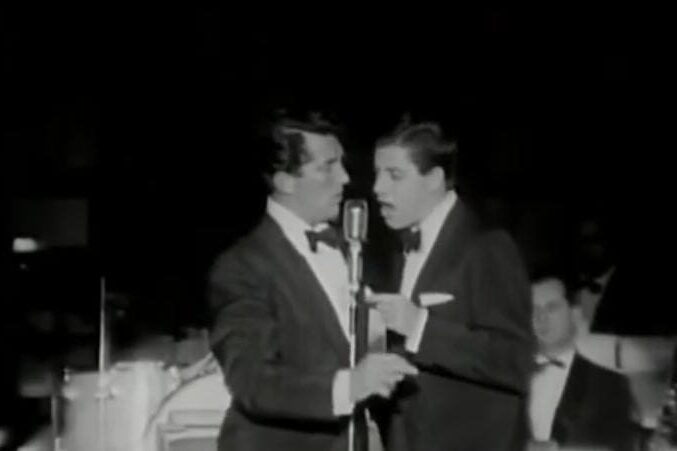
By 1956, the magic of Martin and Lewis unraveled. Dean grew tired of always being the straight man, while Jerry’s star power and ego kept growing. Their final show together was tense, the warmth gone, and their silence afterward lasted two full decades. For fans, the split felt devastating, almost like watching a family fall apart. The bitterness was legendary in Hollywood circles, a cautionary tale about how fragile partnerships can be once resentment creeps in. The duo’s breakup was a turning point in both their careers, and it left audiences mourning the loss of a team they thought would last forever.
5. Their Reunion Was Unforgettable
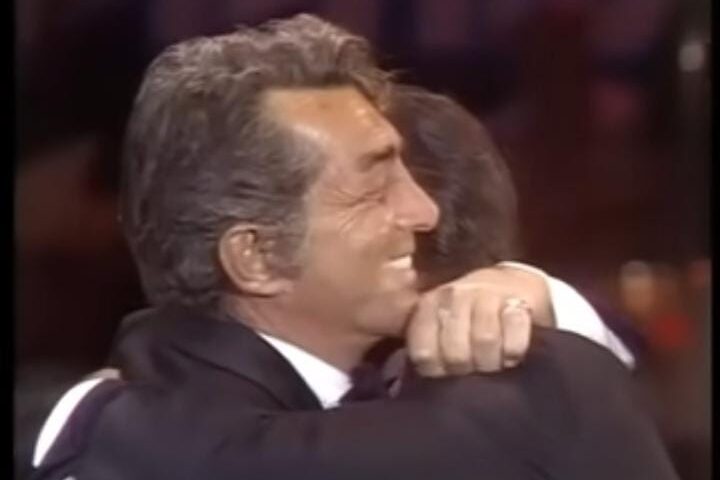
In 1976, television delivered one of its most surprising moments. During Lewis’s telethon, Frank Sinatra brought Dean Martin out onstage without warning. Jerry’s face showed pure shock before breaking into a wide grin, and the two men embraced as the audience erupted. Their banter was brief and a little awkward, but the hug said everything. For a few minutes, years of anger and silence melted away in front of millions of viewers. The reunion didn’t erase the past, but it gave fans a moment of joy, reminding them of the unmatched bond Martin and Lewis once shared. It remains one of the most iconic live television surprises ever broadcast.
6. He Became a Solo Star
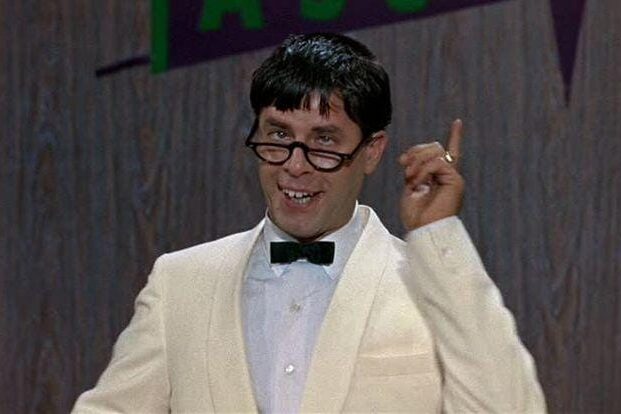
After the split with Dean Martin, many wondered if Jerry Lewis could carry a career alone. He proved it quickly. Movies like The Bellboy (1960), Cinderfella (1960), and The Nutty Professor (1963) highlighted not just his slapstick, but also his ability to blend humor with heart. Unlike many comedians, he didn’t just perform, he wrote, directed, and starred, making himself the centerpiece of every project. His TV specials and live performances kept his name in lights, too. For audiences, it was proof that he wasn’t just half of a duo; he was an entertainment force on his own. This period cemented his reputation as a singular star who could make a film feel like his world from start to finish.
7. He Broke Ground as a Filmmaker
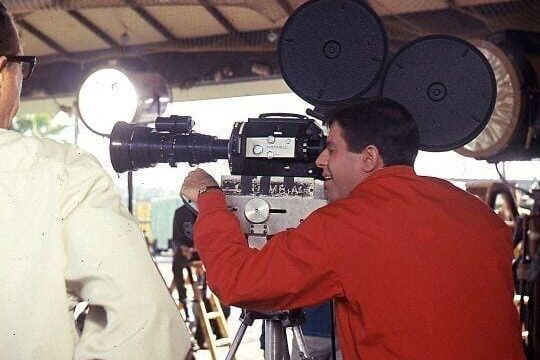
Lewis wasn’t satisfied just being funny, he wanted to change how movies were made. He developed the “video assist” system, which let directors instantly review a scene, a tool now standard in Hollywood. While American critics sometimes dismissed his films as silly, European audiences, especially in France, hailed him as a true artist. At film festivals, he was celebrated as a creative visionary who fused slapstick with emotional depth. For Lewis, that admiration was deeply validating, proving that his work wasn’t just comedy, but cinema worth serious discussion. His innovations behind the camera are still felt today, even by filmmakers who never grew up watching his brand of humor.
8. The Telethon Becomes Tradition
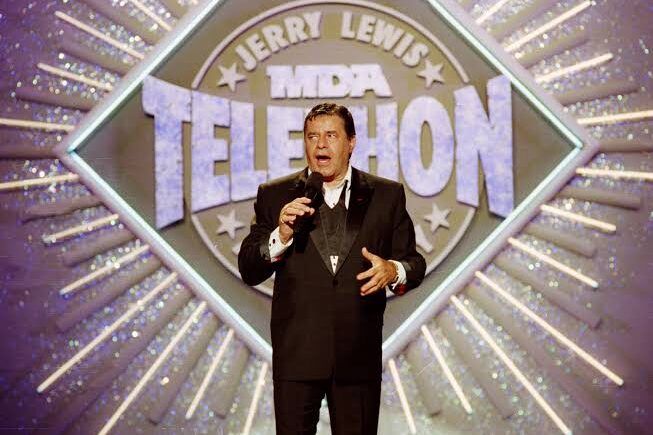
In 1966, Lewis launched the first national Muscular Dystrophy Association Telethon, and for 45 years it became an American institution. Families tuned in year after year to see stars like Sammy Davis Jr., Frank Sinatra, and later newer generations join the cause. Beyond the entertainment, the telethon raised over $2.5 billion, money that funded research, care, and hope for families battling muscular dystrophy. For children with the disease, it meant visibility and a voice on a national stage. For viewers, it meant a yearly reminder of compassion and community. No other entertainer turned charity into such a powerful, recurring event, making Lewis a fixture of American television and philanthropy.
9. A Mission That Seemed Personal
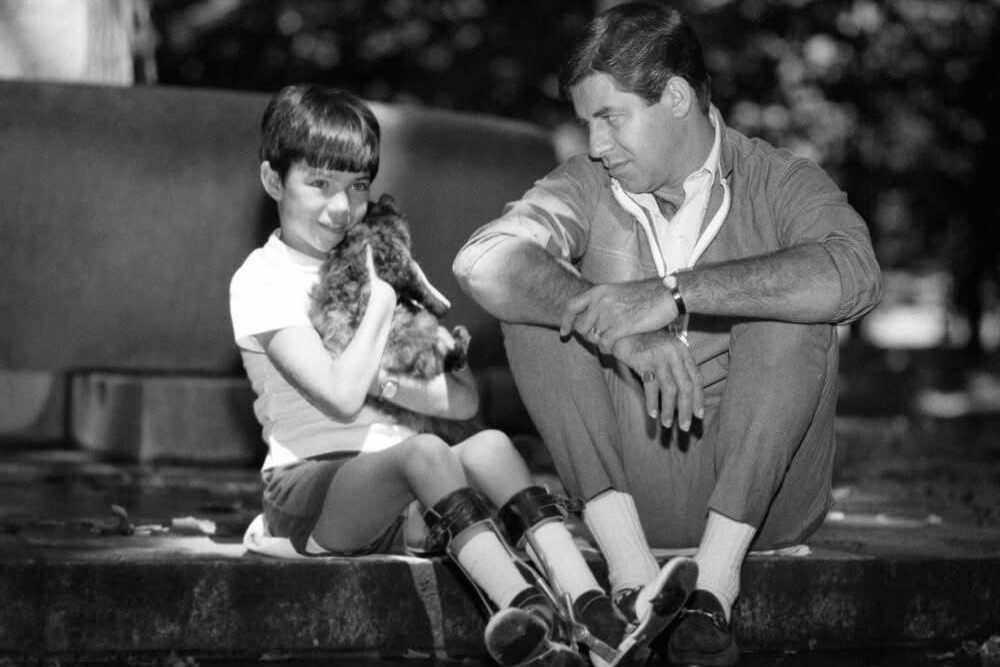
Lewis often explained that his dedication to muscular dystrophy began after seeing a young boy struggling with the disease early in his career. That image, he said, never left him. On stage, he hugged children, told their stories, and seemed to carry their pain as his own. Critics sometimes questioned his motives, but to families, his commitment felt genuine. He didn’t just appear on TV, he visited homes, spent time with families, and spoke passionately about their needs. Whether fueled by empathy, guilt, or ego, the impact was real. For many parents, Jerry Lewis wasn’t just a celebrity, he was an ally who made them feel less alone.
10. The Showman and the Spotlight
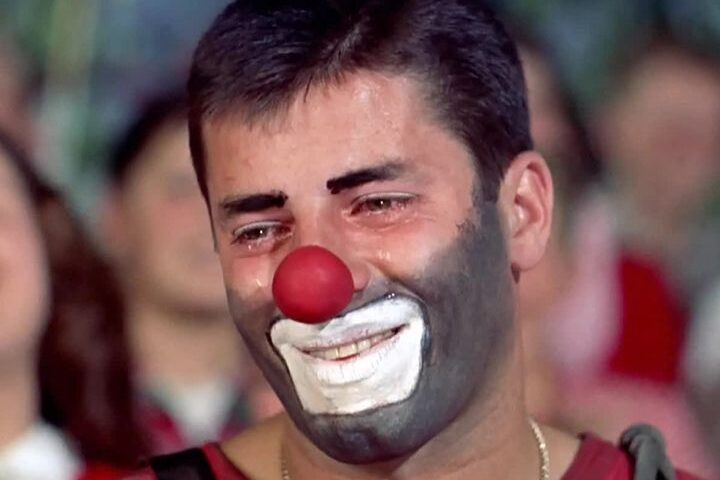
Jerry Lewis’s telethons weren’t just fundraisers, they were spectacles. He could weep on camera as a clown, launch into marathon monologues, or burst into song to keep viewers hooked. Critics argued he blurred the line between philanthropy and performance, sometimes using the struggles of children to elevate his own image. Supporters countered that without his theatrics, the donations would never have reached the heights they did. In truth, both sides were right. Lewis’s showmanship made him a magnet for attention, and that attention translated into billions raised for charity. He was equal parts humanitarian and entertainer, never able, or willing, to separate one role from the other.
11. The Bitter End
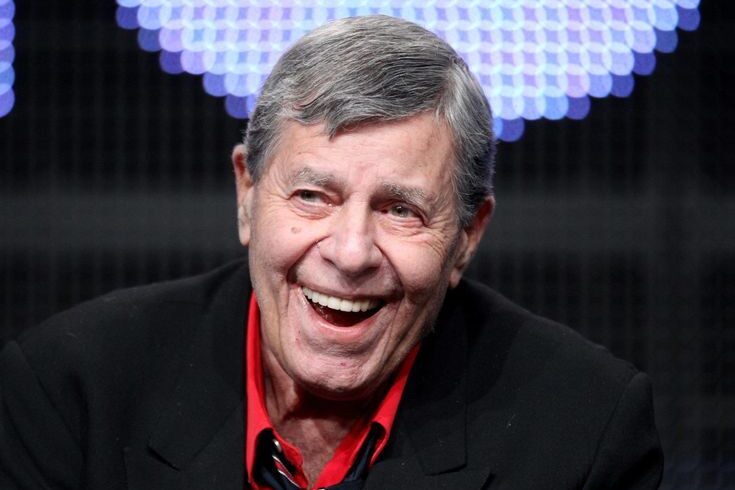
In 2011, the Muscular Dystrophy Association announced it was parting ways with Jerry Lewis after 45 years. The decision shocked fans who had grown up with him as the face of the telethon. Officially, it was described as a need for change, but behind the scenes, age, health issues, and his reputation for being difficult played a role. For many viewers, Labor Day without Jerry Lewis felt wrong, like a tradition had been erased. It was a bittersweet close to an era where his tireless hosting had made the telethon not just a fundraiser, but a cultural event that bound people together.
12. Jerry’s Kids vs. Jerry’s Kids
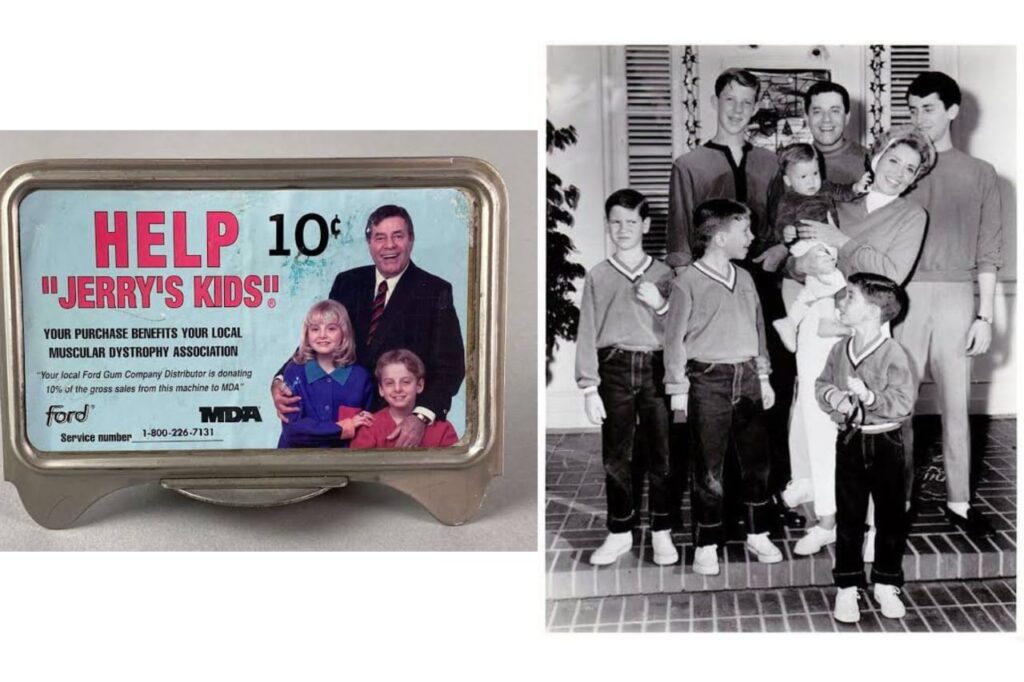
The sharpest contrast in Lewis’s life was between the children he championed on TV and his own six sons at home. Publicly, he poured his energy into raising money for “Jerry’s Kids,” but privately, his sons described him as cold, strict, and often absent. His son Gary once summed it up by saying his father was a humanitarian to everyone but his own family. This painful split between his public image and private life remains one of the most discussed parts of his legacy, highlighting just how complicated, and sometimes contradictory, he was as a person.
13. He Disinherited His Sons and Favored his Daughter
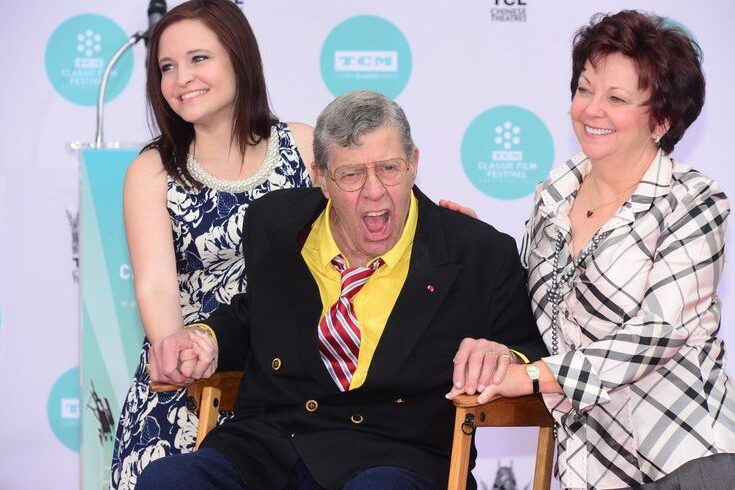
In 2012, news broke that Jerry Lewis had cut all six of his biological sons out of his will. Instead, his estate went to his second wife and their adopted daughter. The move was surprising not only for its finality but also for how explicitly it excluded his children. No explanation was ever given, which left the public, and his family, wondering if it was an act of bitterness, hurt, or simply his way of closing the door on years of estrangement. Whatever the reason, it underscored how deep the divide between Lewis and his sons truly ran.
14. Family Tragedy Deepened the Rift
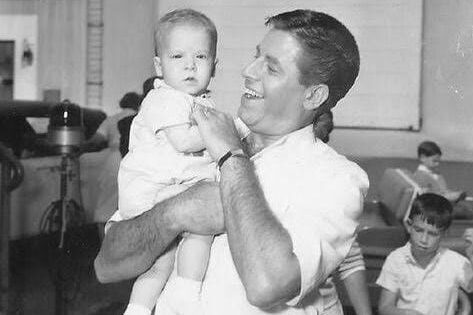
The rift between Lewis and his sons became even more tragic in 2009 when his son Joseph died of a drug overdose. Father and son were estranged at the time, despite their closeness when Joseph was still a baby. But Jerry never spoke publicly about the loss. For someone who cried openly on television for children with muscular dystrophy, his silence about his own child’s passing was striking. To many, it revealed the contradictions at the core of his character: a man who could show extraordinary compassion to strangers while struggling to extend the same love to his own family.
15. Brilliant but Unbearable at Work
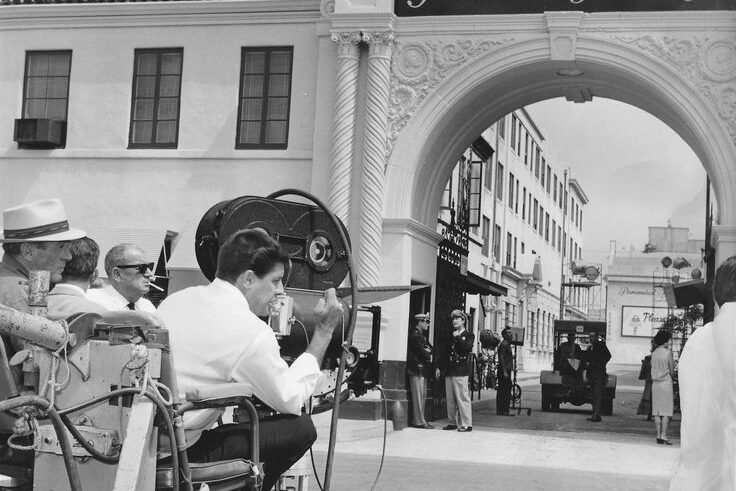
On set, Jerry Lewis was both admired and dreaded. His perfectionism pushed him to write, direct, and star in his films, but it also made him controlling and temperamental. Crew members often found him difficult, while co-stars bristled at his need to dominate every detail. Yet those same qualities drove innovation, he broke new ground in comedy and filmmaking that few others dared to attempt. Working with him could be exhausting, but the results often proved unforgettable. He embodied the paradox of a genius whose brilliance and flaws were inseparable.
16. His Interviews Could Be Brutal
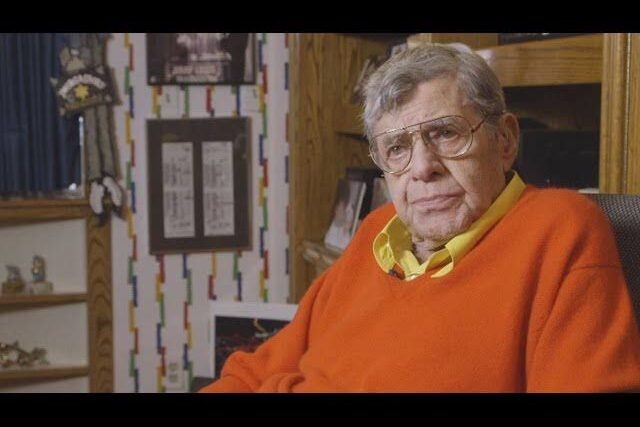
In his later years, Jerry Lewis became known for interviews that left audiences stunned. A 2016 sit-down, where he gave curt, dismissive answers and glared at the camera, quickly went viral. Viewers who remembered his charm and wit were shocked by the icy tone. Some saw it as the “real” Jerry finally showing through, while others felt it was the bitterness of old age and illness. Either way, the interview highlighted how unpredictable and often harsh he could be, even when the spotlight was on him. It chipped away at the funnyman image and showed the sharper edges of his personality.
17. His Views on Women Were Troubling
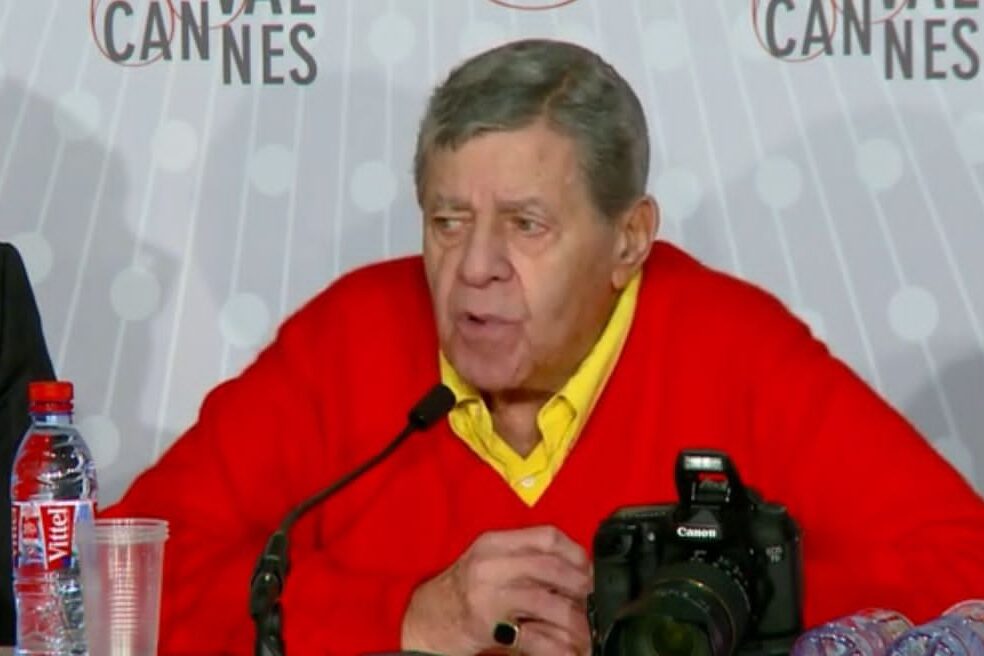
Throughout his career, Lewis often made dismissive remarks about women in Hollywood. He once said he didn’t believe women could direct films and frequently belittled female colleagues. Even during his prime, these attitudes felt outdated, but over time they became glaring examples of the obstacles women faced in the industry. While his comedy and innovations are still celebrated, these views remain a lasting stain on his reputation. They remind us that alongside his brilliance, he carried perspectives that clashed with progress and equality.
18. Pain Shaped His Personality
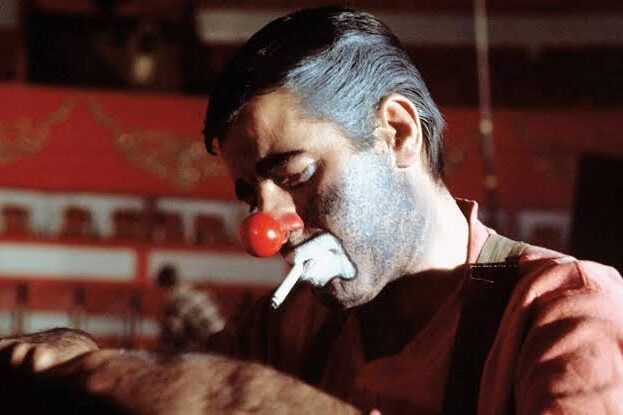
Behind the laughter, Jerry Lewis lived with constant pain. Years of physical comedy had damaged his back and left him reliant on painkillers and other treatments. Friends and colleagues often described him as irritable and short-tempered, with his health struggles fueling much of his volatility. While pain doesn’t excuse cruelty, it helps explain the quick flashes of anger and impatience that marked his later years. He was a man fighting his own body as much as he was fighting for attention, and that battle shaped both his public and private persona.
19. Europe Adored Him
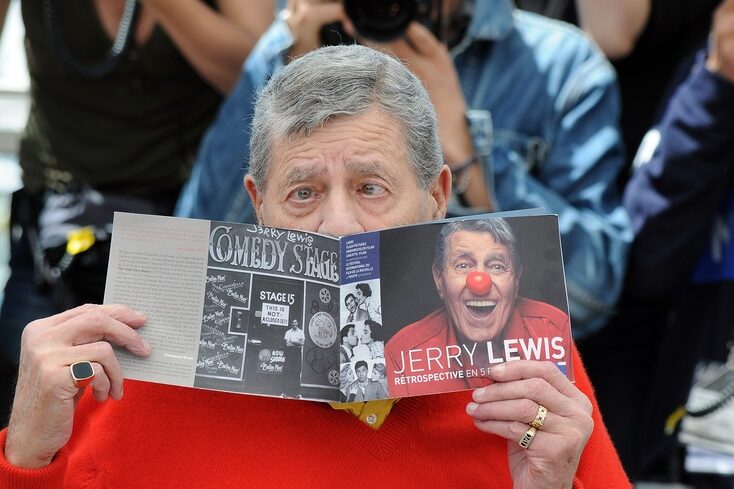
While American critics often shrugged at his films, Europe, especially France, treated Jerry Lewis like a master. At Cannes and in French film circles, he was hailed as a genius who blended slapstick with emotion and creativity. For Lewis, this admiration was deeply validating, confirming what he had always believed about himself. The praise from abroad became a badge of honor, one he wore proudly whenever American audiences underestimated him. To this day, his reputation as an auteur remains stronger overseas than at home, a reminder of how differently cultures can see the same artist.
20. He Was Both Angel and Devil
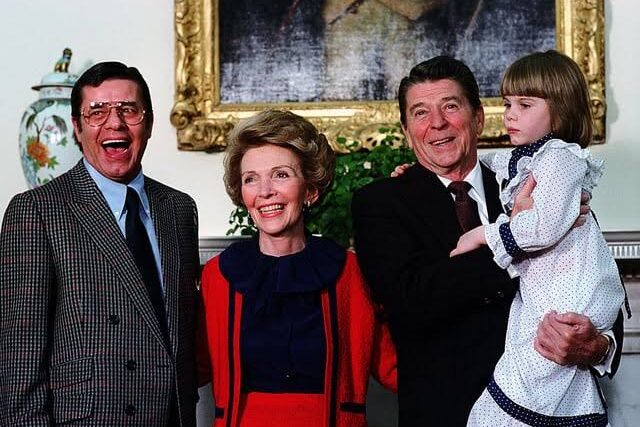
Jerry Lewis’s legacy is built on contradictions. To families of children with muscular dystrophy, he was a tireless angel who raised hope and resources. To his own children, he was distant, demanding, and harsh. To Hollywood, he was both a groundbreaking genius and a controlling tyrant. These extremes weren’t accidents, they were who he was. Lewis seemed to live only in absolutes, with no middle ground. It’s why his life is remembered not as a simple story, but as a clash of opposites that never found balance.
21. His Influence Endures but His Legacy Is Unresolved

Jerry Lewis left behind a legacy that refuses to be neatly defined. His films, innovations, and signature brand of comedy continue to inspire comedians and filmmakers. The telethon alone raised billions and changed how charity could be woven into entertainment. Yet his personal life tells another story, fractured relationships, harsh behavior, and lingering controversy. To understand him is to accept both the good and the bad, the genius and the cruelty. His influence is undeniable, but his legacy remains complicated, a blend of triumph and tragedy that will always spark debate.
Jerry Lewis also remains one of the most unforgettable figures in American entertainment. For those who grew up with him, his telethons and comedies are bound to nostalgia and laughter. For others, his flaws, both personal and professional, stand out just as strongly. In the end, Jerry Lewis was a man of contradictions, and it is in those contradictions that his true legacy lives.
This story Jerry Lewis: Genius, Humanitarian, Tyrant. 21 Ways to Understand Him was first published on Daily FETCH


